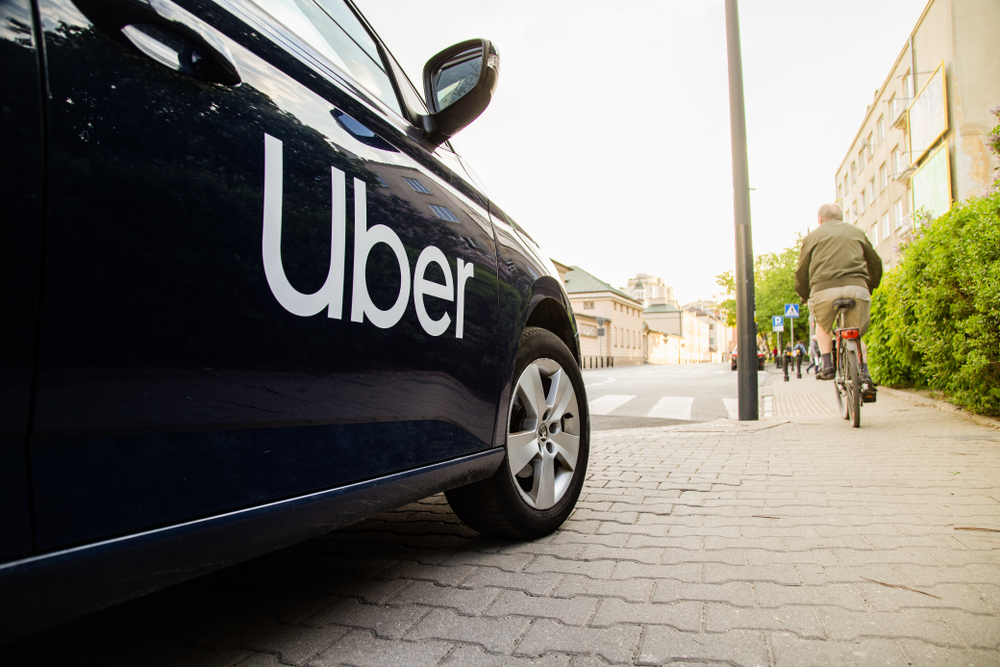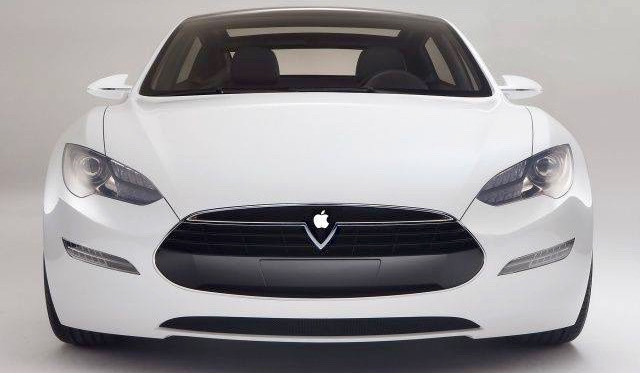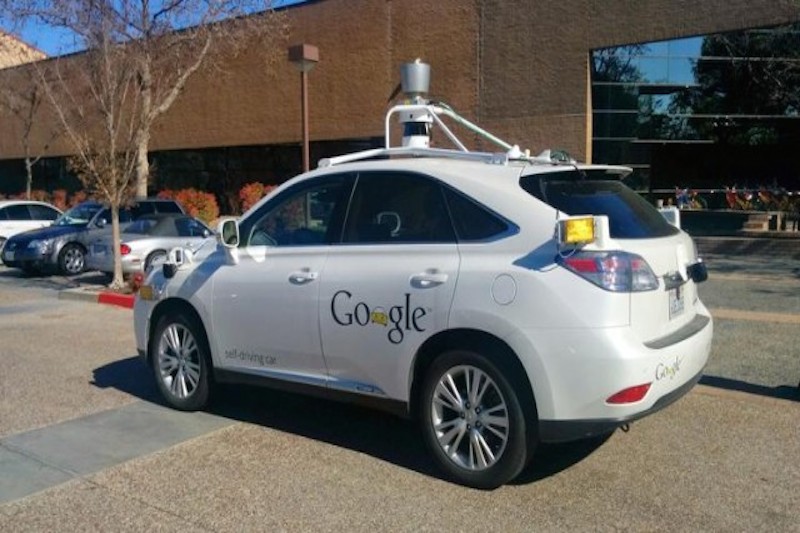Uber ‘bids $3bn for Nokia mapping service’
Forrester says taxi-hailing app would own customers' mobile data

Uber is bidding to buy Nokia's mapping service for $3 billion, it is reported.
The taxi ride firm operates via a smartphone app that allows people to book cabs in their vicinity, but relies on Google Maps to power its service.
It's now looking to acquire Nokia's Here technology to end this reliance, according to the New York Times, which cited anonymous sources familiar with the matter.
While Google Maps is by far the most popular mapping tool, Nokia's Here dominates the automobile space.
And, with Google developing its own self-driving cars, it's possible Uber wants to move off its technology sooner rather than later.
Forrester Research analyst Julie Ask added that the consequences of such an acquisition may go further than simply replacing one mapping technology with another, saying Uber will want to own their customers' data.
"Uber understands that owning the customer today is about owning consumer time and data on mobile devices," she said.
Get the ITPro daily newsletter
Sign up today and you will receive a free copy of our Future Focus 2025 report - the leading guidance on AI, cybersecurity and other IT challenges as per 700+ senior executives
"The Nokia Here technology is one if not the most sophisticated mapping solution. It was built by a company that understands mobile phones and how consumers use them.
"It's tragic that its rise as a platform coincided with Nokia's fall as a global smartphone leader - but for Uber, the opportunity to own its customers' mobile moments is huge."
A successful bid from Uber, whose taxi drivers outnumber New York's iconic yellow cabs, could see it power its own self-driving car technology.
It's already announced a partnership with Carnegie Mellon University to begin research into the driverless vehicle phenomenon at Uber Advanced Technologies Center.
However, it's competing with rival bids from a German consortium of BMW, Audi and Mercedes-Benz, along with one from a private equity firm, according to the NYT.
-
 Should AI PCs be part of your next hardware refresh?
Should AI PCs be part of your next hardware refresh?AI PCs are fast becoming a business staple and a surefire way to future-proof your business
By Bobby Hellard
-
 Westcon-Comstor and Vectra AI launch brace of new channel initiatives
Westcon-Comstor and Vectra AI launch brace of new channel initiativesNews Westcon-Comstor and Vectra AI have announced the launch of two new channel growth initiatives focused on the managed security service provider (MSSP) space and AWS Marketplace.
By Daniel Todd
-
 The scariest cyber security horror stories of 2022
The scariest cyber security horror stories of 2022In-depth Lapsus$ group, Log4Shell, new Microsoft Exchange vulnerabilities, and the Russia-Ukraine war dominated cyber security headlines in 2022
By Kate O'Flaherty
-
 Uber to offer electric vehicles to London customers
Uber to offer electric vehicles to London customersNews The ride-sharing platform won't charge customers extra for using Uber Green, but journeys need to start in 'Zone 1'
By Keumars Afifi-Sabet
-
 Driverless Cars: Uber car involved in fatal crash had software flaws
Driverless Cars: Uber car involved in fatal crash had software flawsNews However, US investigators still haven't determined the probable cause for the accident
By Bobby Hellard
-
 Apple car: Former Apple employee charged with stealing Apple's self-driving car secrets
Apple car: Former Apple employee charged with stealing Apple's self-driving car secretsNews Xiaolang Zhang downloaded Project Titan data and took hardware from the company's campus, FBI claims
By Clare Hopping
-
 McLaren denies rumours of Apple buyout
McLaren denies rumours of Apple buyoutNews The supercar manufacturer has rubbished claims that it is in talks with Apple over a potential investment
By Nicole Kobie
-
 UberEats struggles to meet demand on launch day
UberEats struggles to meet demand on launch dayNews Users complain of late or cancelled deliveries on service's first day
By Aaron Lee
-
 Google I/O 2016: company unveils 'Google Home' smart assistant
Google I/O 2016: company unveils 'Google Home' smart assistantNews The new AI device will go toe-to-toe with the Amazon Echo
By Joe Curtis
-
 Google, Ford, Uber and Lyft form driverless cars coalition
Google, Ford, Uber and Lyft form driverless cars coalitionNews Self- Driving Coalition for Safer Streets hopes to speed up delivery of cars on the road
By Clare Hopping